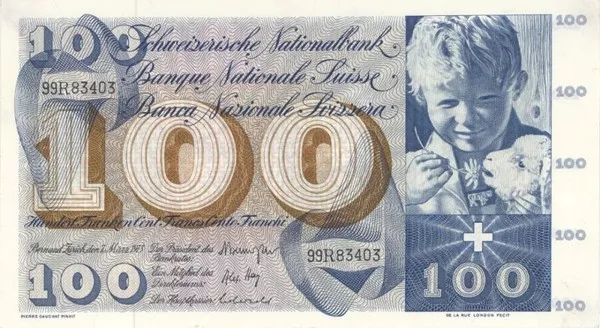The Swiss franc is a well-known currency worldwide, often considered a safe-haven asset due to its stability and low inflation rates. However, Switzerland is not the only country that uses the Swiss franc as its currency. This article aims to provide a detailed answer to the question of which countries use the Swiss franc.
Liechtenstein:
Liechtenstein is a small country located between Switzerland and Austria. Despite being an independent country, Liechtenstein has a customs and monetary union with Switzerland, and its official currency is the Swiss franc.
Campione d’Italia:
Campione d’Italia is an Italian enclave located within Switzerland’s territory. It is a tax haven and a popular tourist destination. While Campione d’Italia is officially part of Italy, it uses the Swiss franc as its currency.
Büsingen am Hochrhein:
Büsingen am Hochrhein is a German town that is completely surrounded by Swiss territory. While Büsingen am Hochrhein is part of Germany, it has an agreement with Switzerland that allows it to use the Swiss franc as its currency.
French Overseas Collectivities:
The French overseas collectivities of Saint Pierre and Miquelon, French Polynesia, and Wallis and Futuna use the euro as their official currency. However, they also use the Swiss franc as a secondary currency for transactions.
Global Reserves:
The Swiss franc is also widely held as a reserve currency by central banks worldwide, including the United States, Japan, and the United Kingdom. This is due to its reputation as a safe-haven asset and its low inflation rates.
In conclusion, while Switzerland is the primary user of the Swiss franc, other countries, such as Liechtenstein and Campione d’Italia, also use the Swiss franc as their official currency. Büsingen am Hochrhein has an agreement with Switzerland that allows it to use the Swiss franc as well. Additionally, some French overseas collectivities use the Swiss franc as a secondary currency, and the Swiss franc is widely held as a reserve currency by central banks worldwide.


























